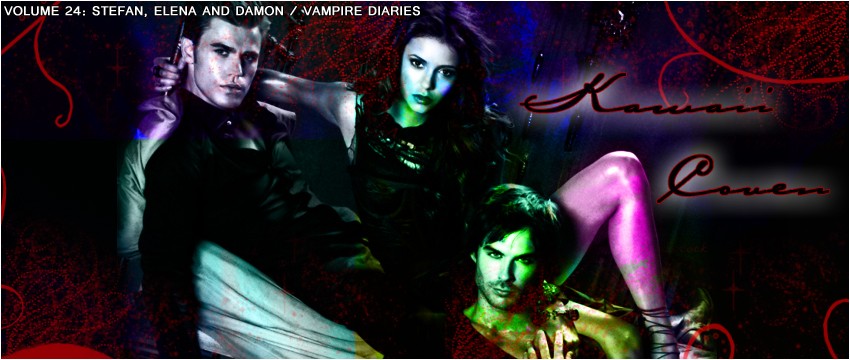Since the release of Eclipse last week, the Twilight franchise and its fans seem to be getting it in the neck from everyone. Even reviews that were cautiously happy with the third film, still expressed outright surprise that it was watchable. Other reviews trashed the film, sulkily mentioning that it would still be popular because of mysterious, tasteless creatures called Twilight fans. Underpinning all of this is a snidey portrayal of Twi-hards as obsessed, obese, wailing mascara-striped losers.
Has there ever been a franchise whose fan base has been so maligned? It's starting to feel like some of the male critics of Twilight are just uneasy that, for once, something that isn't aimed at them is getting such a big slice of the zeitgeist.
Meanwhile, instead of defending the film, some feminists aren't happy either because of Bella's passivity and the tale's theme of abstinence before marriage. Well, OK, author Stephanie Meyer's devout Mormonism does give weight to that reading of the text. But it's not really as simple as that. We can presume a lot about the author's intent, but that's not necessarily the message the films' fans are taking away from it. Female viewers are well used to having to twist narratives to their preferences: Edward-mania and the existence of products such as (unofficial) Twilight condoms would suggest that not every Twilight fan takes an abstinence message away from the text. Far from it.
Don't forget that feminist favourite Buffy the Vampire Slayer still had its anti-sex moments, too. When Buffy finally gives it up to her vampire boyfriend, he turns into a monster and tries to kill her friends. And Stoker vampirism has been as much about sexual repression and confusion as it has about unrestrained sexuality. Twilight's just the latest text to riff on these themes.
Moreover, Twilight is also downright transgressive. Despite her name, Bella's physical appearance is never described in the books, while Edward's looks – and thus Bella's desire – is never off the page. The first film contains a scene where, after carrying Bella up a mountain on his back – and, c'mon, doesn't that look like the best fun ever! – Edward reveals his upper chest to her in a shaft of sunlight. He sparkles and she pronounces him beautiful. Female gaze, anyone?
Gothic romance has always been dismissed as silly, indulgent female fantasy. What's new here? Instead of trashing the fans of Twilight for liking such melodrama, we should ask ourselves what they are finding in this film that they're not getting in the rest of mainstream cinema. A female protagonist, perhaps? One they can identity with and who isn't there just to be eye-candy for the guys? Hell, Bella never removes her flannel shirt (It's chilly in Forks, WA.)
Twilight might be telling young women that their self-worth depends on their success at snagging a sparkly vampire boyfriend, but maybe that's preferable to films that tell them their self-worth depends on their success at mimicking Megan Fox's sexyface. Maybe Twilight fans just think that a commitment to sparkle motion is more attainable, or just more fun.

